British FM: EU should expand beyond Europe
David Miliband suggested the EU should work towards including Russia, Middle Eastern and North African countries.
Sunday, 18.11.2007.
18:42

David Miliband suggested the EU should work towards including Russia, Middle Eastern and North African countries. The British foreign secretary said enlargement was "our most powerful tool" for extending stability, the BBC reported. British FM: EU should expand beyond Europe In his first major speech on the UK's relationship with Europe, he said the EU would not become a "superpower" but should be a "role model" for the world. It could be a "model power of regional co-operation" dedicated to free trade, the environment and tackling extremism. He said the EU must "keep our promises to Turkey", adding: "If we fail.... it will signal a deep and dangerous divide between east and west. "Beyond that we must keep the door open, retaining the incentive for change and the prospect of membership provides." Miliband made his address at the College of Europe in Bruges, Belgium, where Baroness Thatcher delivered her famous warning against "some sort of identikit European personality" almost exactly two decades ago in September 1988. Miliband said that speech had been "haunted by demons - a European superstate bringing in socialism by the back door". But he said: "The truth is that the EU has enlarged, remodeled and opened up. It is not and is not going to become a superstate. But neither is it destined to become a superpower." Instead he said the EU had the chance to be a "model power" which could develop shared values between countries. "As a club that countries want to join, it can persuade countries to play by the rules, and set global standards. In the way it dispenses its responsibilities around the world, it can be a role model that others follow." Miliband said new threats, like protectionism, religious extremism, energy insecurity, rogue and failing states and climate change provided a new "raison d'etre" for the EU. He outlined four principles for the "next generation" of Europe, for it to remain open to "trade, ideas and investment", to develop shared institutions to overcome religious and cultural divides, to prevent conflict by championing international law and human rights in and outside Europe, and to become a "low carbon power". He said a successful EU must be prepared to "deploy soft and hard power to promote democracy and tackle conflict beyond its borders". He said the goal "must be a multilateral free-trade zone around our periphery". This would be a "version of the European Free Trade Association that could gradually bring the countries of the Mahgreb, the Middle East and Eastern Europe in line with the single market, not as an alternative to membership, but potentially as a step towards it". And the EU should extend military support to places like Darfur, he argued, to help solve problems of unwanted migration. He also said European nations had to "improve their capabilities". "It's frankly embarrassing that when European nations - with almost two million men and women under arms - are only able, at a stretch, to deploy around 100,000 at any one time," he said. "European countries have around 1,200 transport helicopters, yet only 35 are deployed in Afghanistan. And EU member states haven't provided any helicopters in Darfur despite the desperate need there." Long-term regulations were needed to phase out carbon emissions in key areas - by reducing vehicle emissions and work towards "a zero-emission vehicle standard across Europe". He said that by 2020, all new coal-fired power stations must be fitted with "carbon capture and storage". In a reference to the failed EU Constitution, he said: "The constitutional debate shows that people don't want major institutional upheaval. Unanimity is slow but it respects national identities." But his Conservative counterpart William Hague said Miliband and his colleagues were "ramming that constitution through under a new name and refusing to give voters a say at an election or a referendum" - a reference to the EU Reform treaty. "The fact is that if the renamed constitution goes through we will have a more inward-looking Europe," said Hague. "The treaty's clauses will make the EU more protectionist and less competitive and give the EU more power to interfere with crucial areas like our criminal justice system."
British FM: EU should expand beyond Europe
In his first major speech on the UK's relationship with Europe, he said the EU would not become a "superpower" but should be a "role model" for the world.It could be a "model power of regional co-operation" dedicated to free trade, the environment and tackling extremism.
He said the EU must "keep our promises to Turkey", adding: "If we fail.... it will signal a deep and dangerous divide between east and west.
"Beyond that we must keep the door open, retaining the incentive for change and the prospect of membership provides."
Miliband made his address at the College of Europe in Bruges, Belgium, where Baroness Thatcher delivered her famous warning against "some sort of identikit European personality" almost exactly two decades ago in September 1988.
Miliband said that speech had been "haunted by demons - a European superstate bringing in socialism by the back door".
But he said: "The truth is that the EU has enlarged, remodeled and opened up. It is not and is not going to become a superstate. But neither is it destined to become a superpower."
Instead he said the EU had the chance to be a "model power" which could develop shared values between countries.
"As a club that countries want to join, it can persuade countries to play by the rules, and set global standards. In the way it dispenses its responsibilities around the world, it can be a role model that others follow."
Miliband said new threats, like protectionism, religious extremism, energy insecurity, rogue and failing states and climate change provided a new "raison d'etre" for the EU.
He outlined four principles for the "next generation" of Europe, for it to remain open to "trade, ideas and investment", to develop shared institutions to overcome religious and cultural divides, to prevent conflict by championing international law and human rights in and outside Europe, and to become a "low carbon power".
He said a successful EU must be prepared to "deploy soft and hard power to promote democracy and tackle conflict beyond its borders".
He said the goal "must be a multilateral free-trade zone around our periphery".
This would be a "version of the European Free Trade Association that could gradually bring the countries of the Mahgreb, the Middle East and Eastern Europe in line with the single market, not as an alternative to membership, but potentially as a step towards it".
And the EU should extend military support to places like Darfur, he argued, to help solve problems of unwanted migration.
He also said European nations had to "improve their capabilities".
"It's frankly embarrassing that when European nations - with almost two million men and women under arms - are only able, at a stretch, to deploy around 100,000 at any one time," he said.
"European countries have around 1,200 transport helicopters, yet only 35 are deployed in Afghanistan. And EU member states haven't provided any helicopters in Darfur despite the desperate need there."
Long-term regulations were needed to phase out carbon emissions in key areas - by reducing vehicle emissions and work towards "a zero-emission vehicle standard across Europe".
He said that by 2020, all new coal-fired power stations must be fitted with "carbon capture and storage".
In a reference to the failed EU Constitution, he said: "The constitutional debate shows that people don't want major institutional upheaval. Unanimity is slow but it respects national identities."
But his Conservative counterpart William Hague said Miliband and his colleagues were "ramming that constitution through under a new name and refusing to give voters a say at an election or a referendum" - a reference to the EU Reform treaty.
"The fact is that if the renamed constitution goes through we will have a more inward-looking Europe," said Hague.
"The treaty's clauses will make the EU more protectionist and less competitive and give the EU more power to interfere with crucial areas like our criminal justice system."










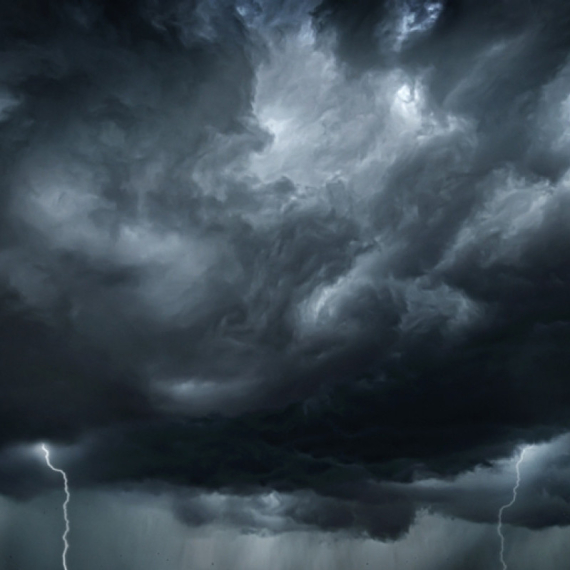
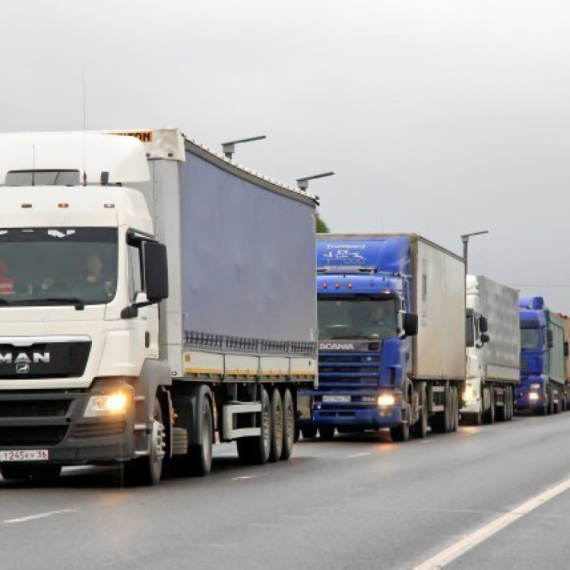
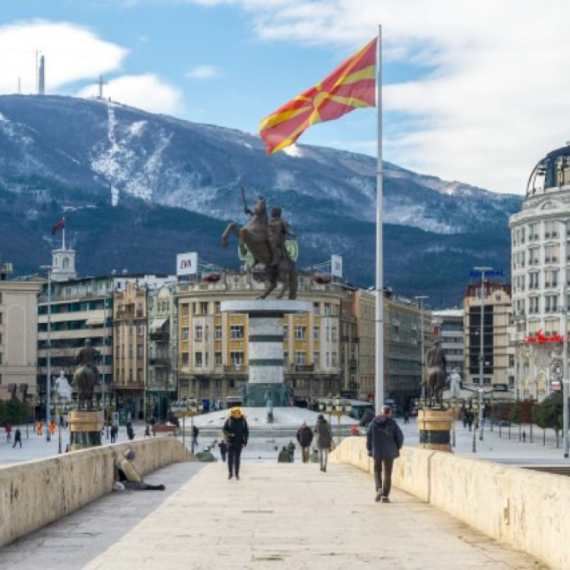

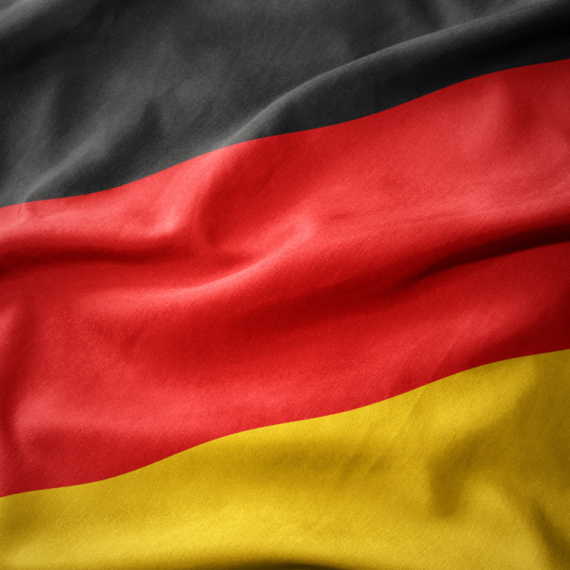
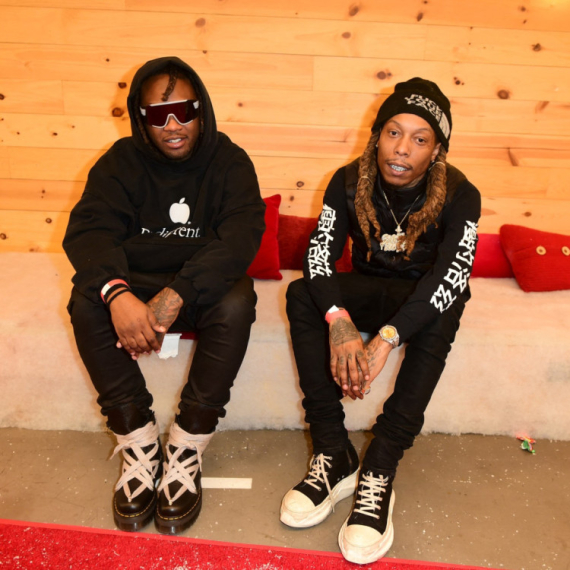
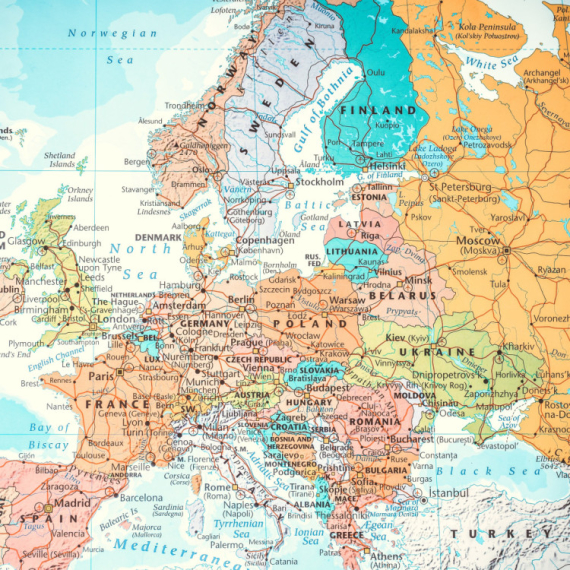

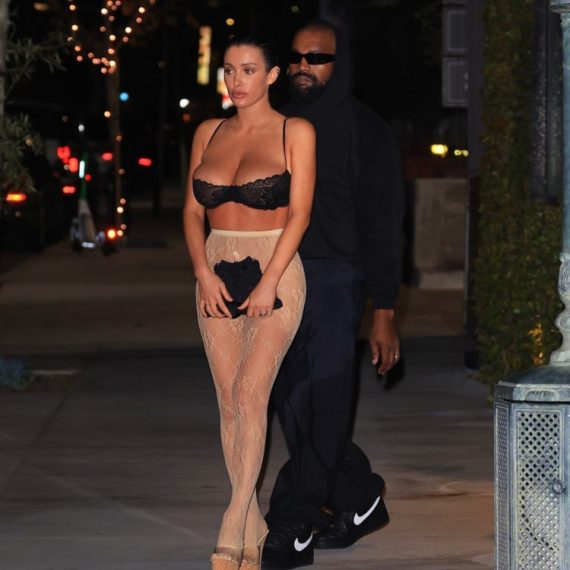
















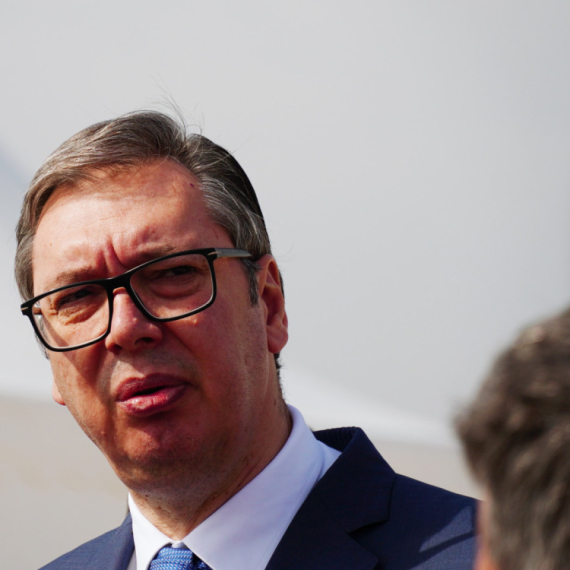









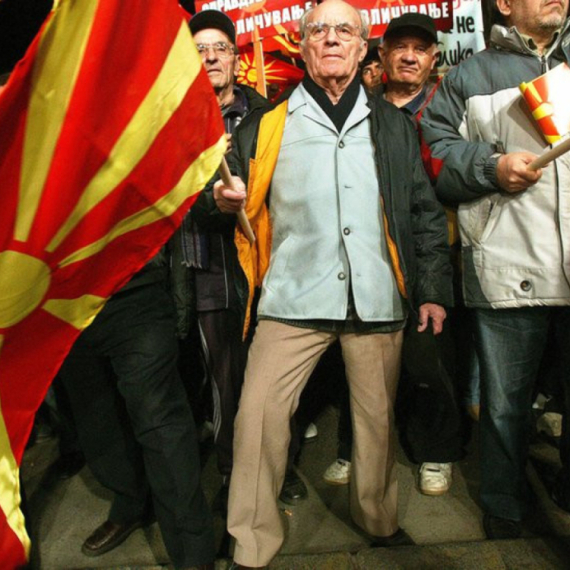
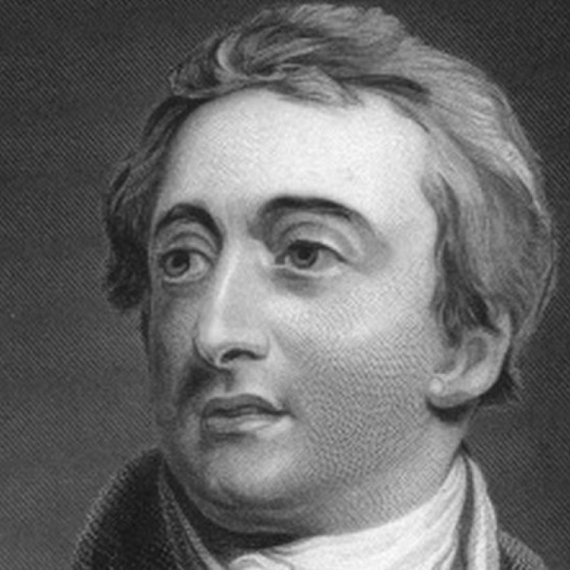




Komentari 2
Pogledaj komentare